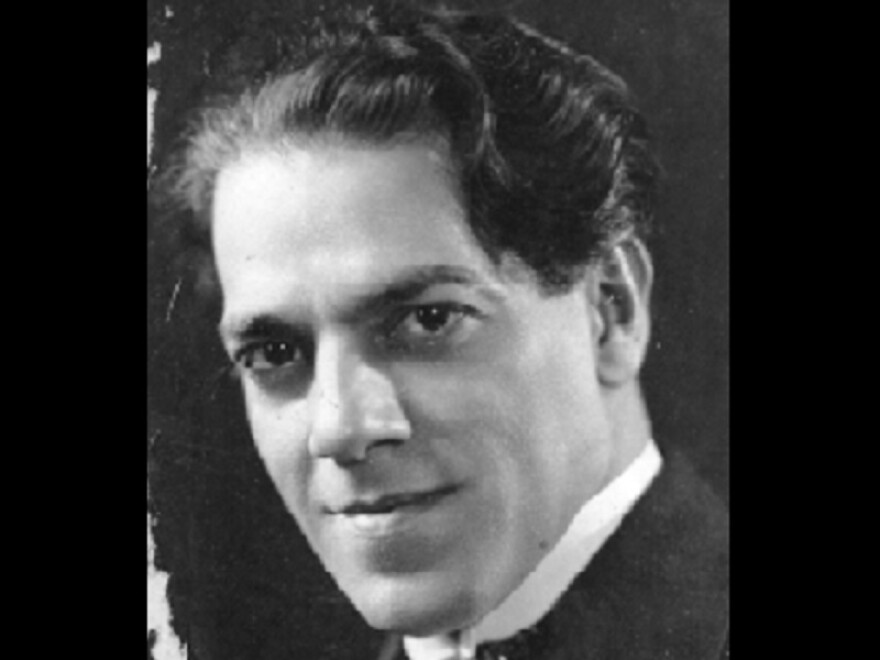Heitor Villa-Lobos was a Brazilian guitarist, cellist, composer and conductor. He’s not just one of the most celebrated South-American composers of all time, but also one of the most prolific. Villa-Lobos composed over 2000 works, and his music is the soundtrack for a period of great upheaval and change for Brazil in the 20th century.
Loading...
Heitor Villa-Lobos was born in Rio de Janeiro in 1887; a significant date. This was a turning point in the history of Brazil; a period of revolution and modernization as the Empire of Brazil fell and the influence of Europe on the nation lessened. In the musical world, this meant that traditional European musical education fell out of favor. Heitor Villa-Lobos had very little of this formal training. His father was an amateur musician who arranged regular musical celebrations at their home. Heitor learned music and how to play various instruments by watching these visitors and absorbing their techniques, melodies and rhythms like a sponge. Villa-Lobos’ father died suddenly and Heitor began to support the family by playing for films and in theatre orchestras. He was only 12 years old.
As a young man, Heitor Villa-Lobos became fascinated with the so-called “dark interior” of Brazil; areas away from the coast, into the rainforest. He told fantastical stories of exploring the Amazon and escaping cannibals. Whether these stories are true or not is not known. However, it was at this point that Villa-Lobos abandoned traditional musical education altogether and instead studied the music of indigenous Brazilian cultures. He played with many street bands and eventually took a position as a cellist for the Rio opera company.
His music found an audience and by 1913 Heitor Villa-Lobos was a published composer. He started organizing chamber concerts of his originals works, most influenced by Brazilian folk music. A few years later, Sergei Daihilev’s Ballet Russes toured Brazil and Villa-Lobos was introduced to French composer Darius Milhaud. Milhaud opened up a new world of music to Villa-Lobos; the works of Debussy, Satie and Stravinsky.
"I don't use folklore, I am the folklore."
In 1923, Heitor Villa-Lobos traveled to Paris, bringing the music of Brazil across the ocean. He famously stated, “I have not come to learn, I have come to show what I have done up to now.” He also said about his own music that quote “I don’t use folklore, I am the folklore.” This confidence must have worked. He found an international audience before returning to Brazil in 1929.
In 1930, Brazilian President Getulio Vargas came into power. It was another period of revolution and change; international travel was restricted. Villa-Lobos became a prominent conductor, organizing the Brazilian premieres of Beethoven’s Missa Solemnis and Bach’s Mass in B minor. He also composed works for the Brazilian state, propaganda (if you will), including a definitive version of the Brazilian national anthem.
When Vargas’ administration ended in 1945, Heitor Villa-Lobos was free to travel again. He toured Europe, England and the United States and became a very sought after composer, receiving commissions and compositional opportunities, even in Hollywood.
Heitor Villa-Lobos passed away in 1959. His funeral was the final state event in the city of Rio before the capitol of Brazil was moved to the city of Brasilia.
Find out more and follow the Timeline at VPR.org/timeline.





